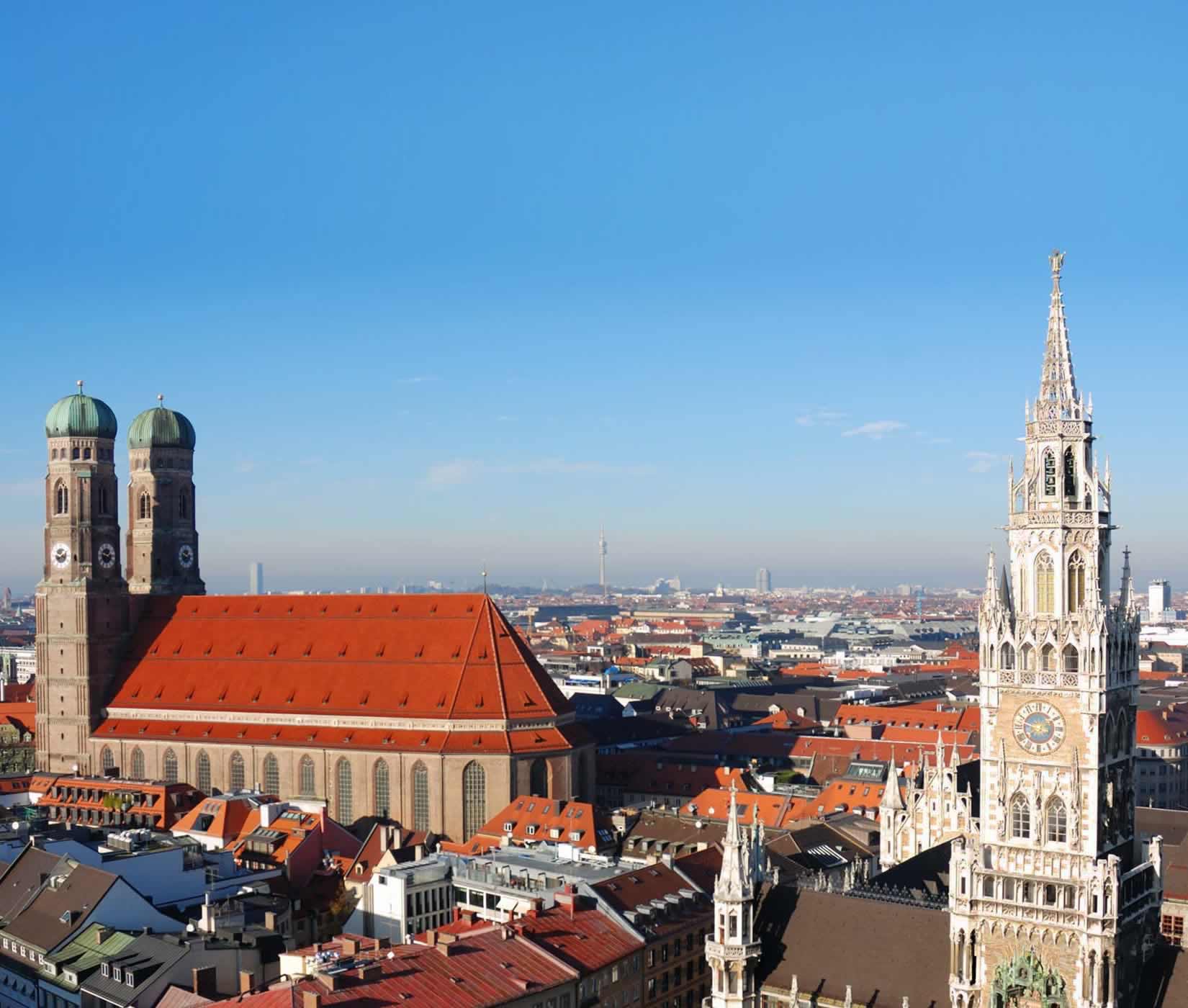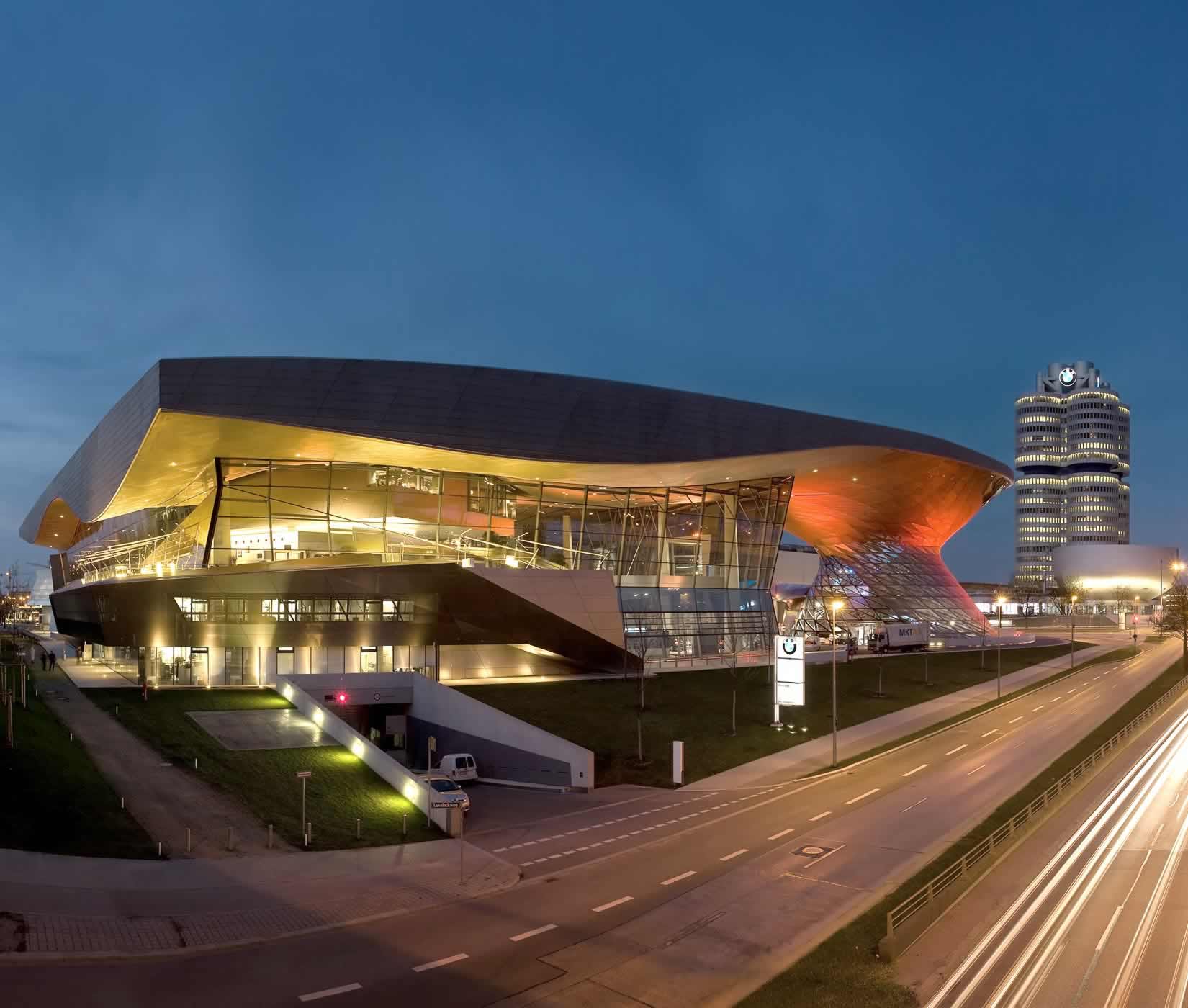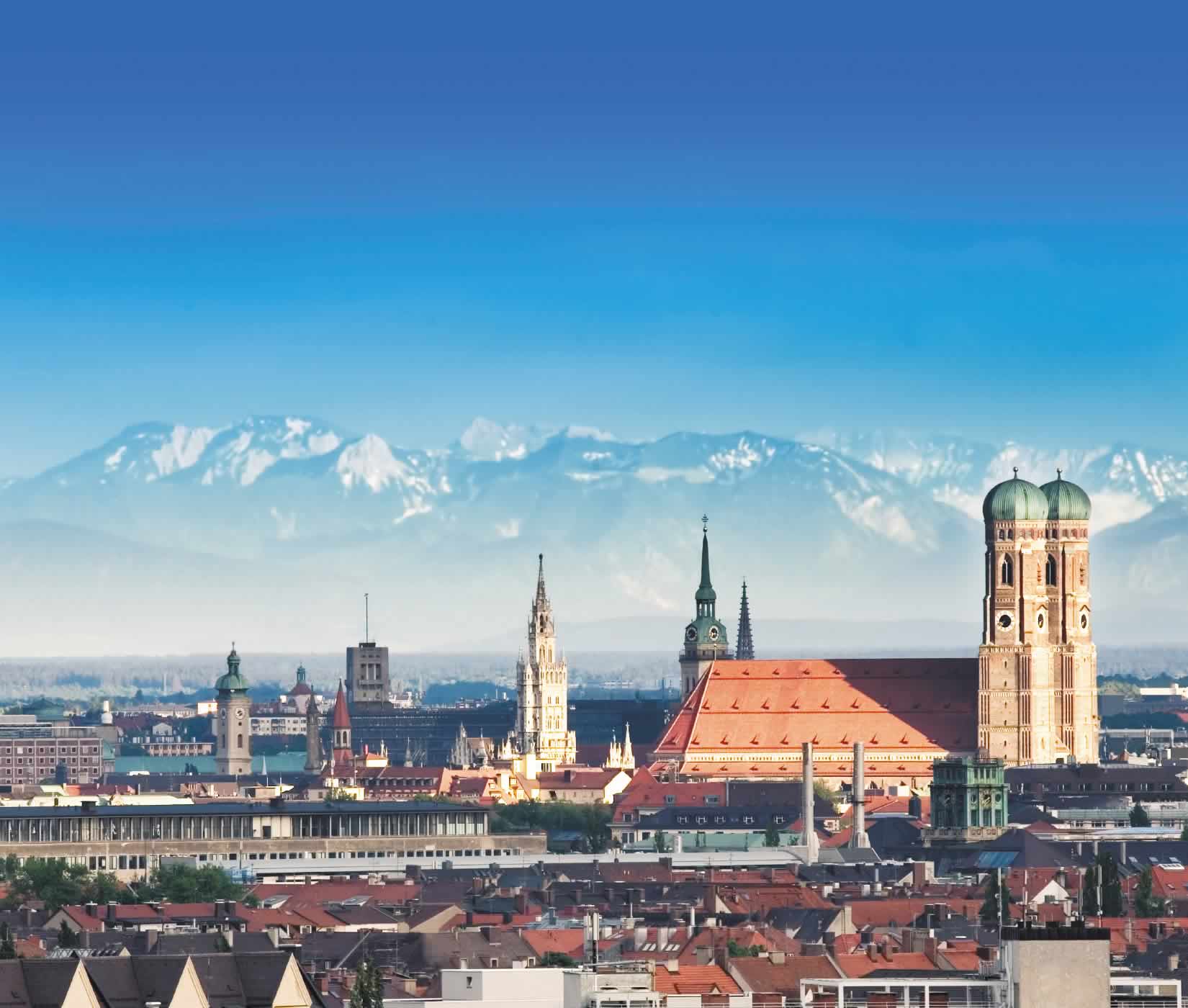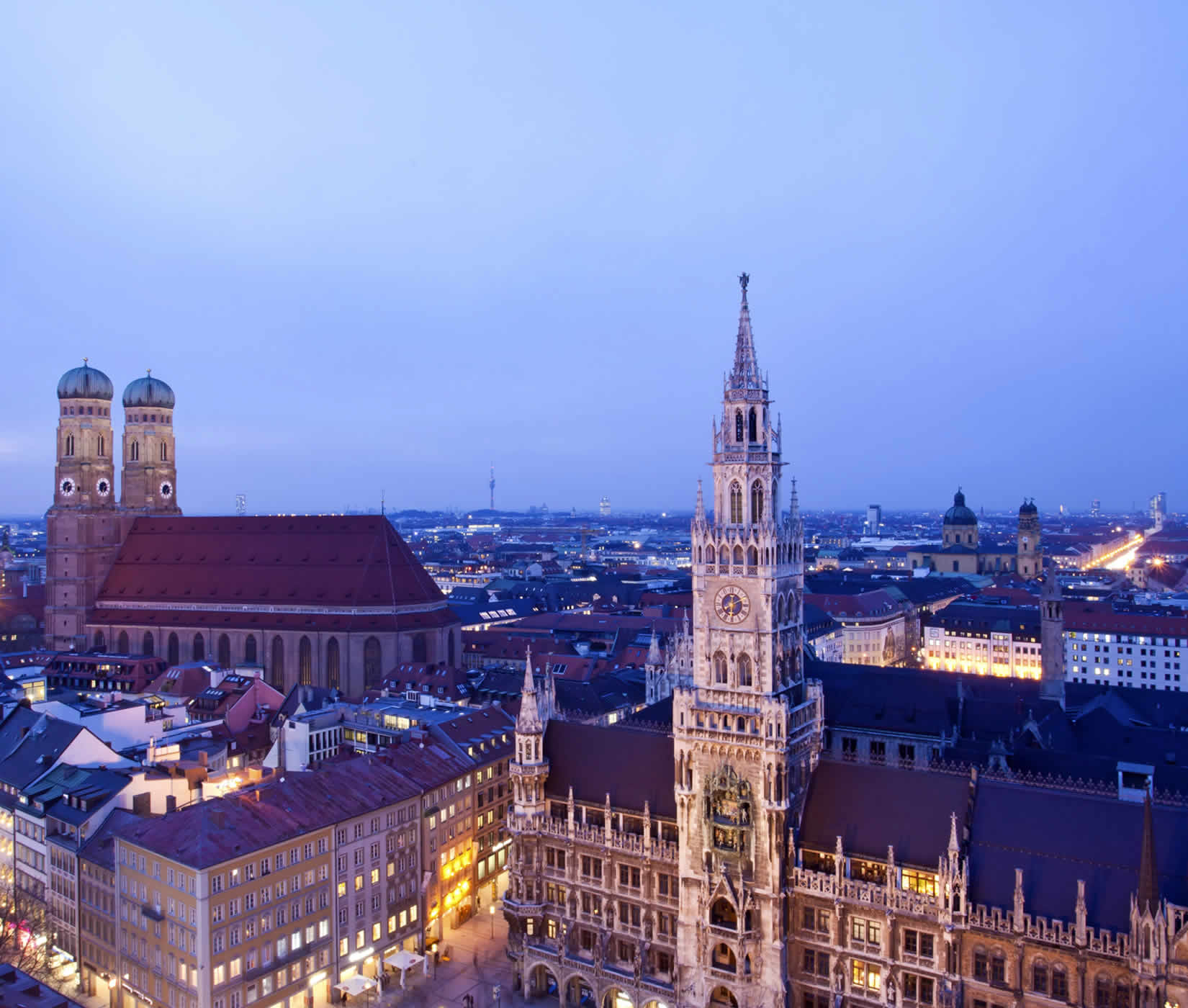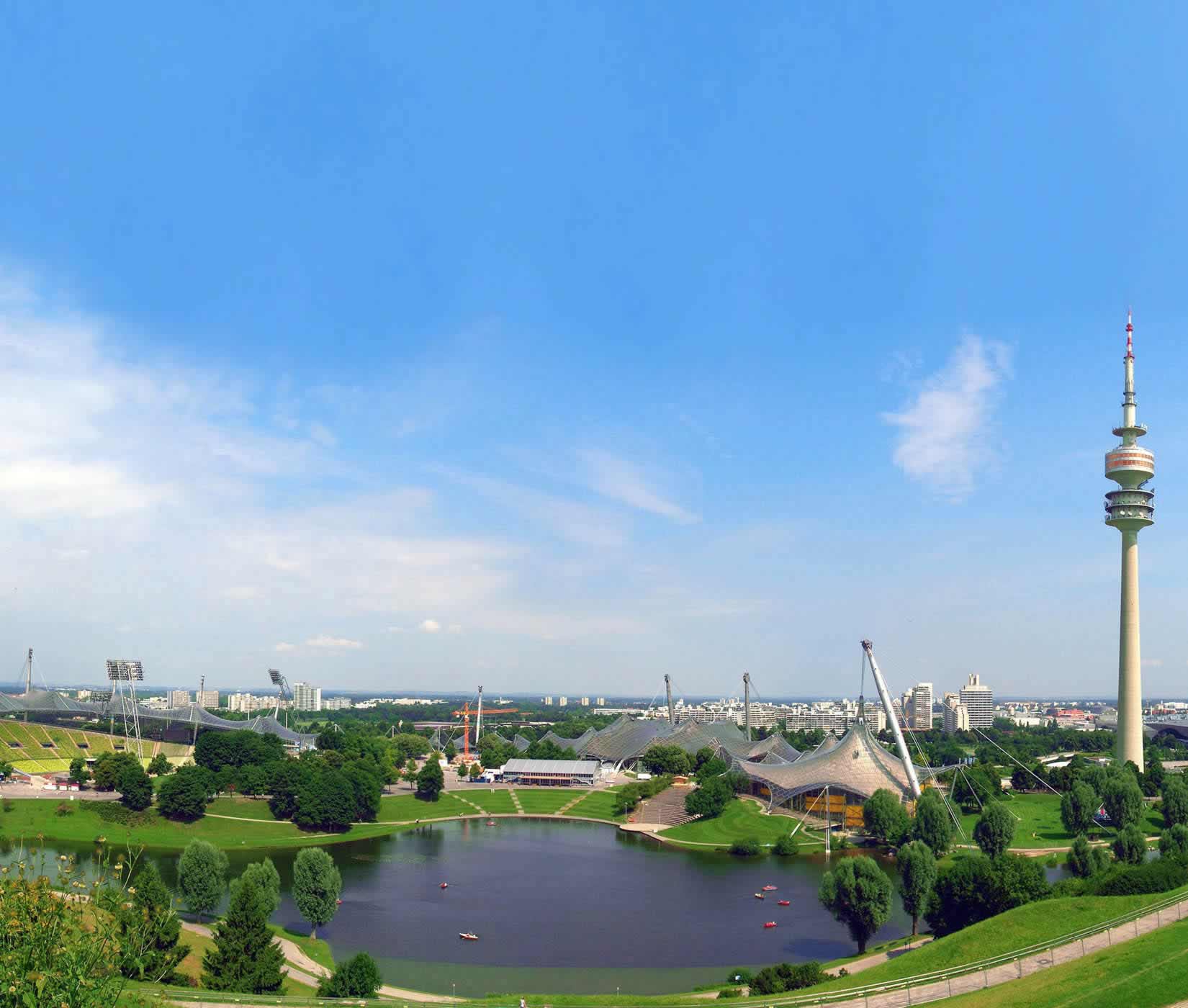Strong Beer Season – Munich’s fifth season
When the carnival season ends in Bavaria on Ash Wednesday, the ‘strong beer season’ begins. Originally designed to make Lenten fasting easier to endure, the beer brewed at the end of carnival time had to be stronger than all other beers – with enough strength and calories to ease its drinkers through the lean days of Lent until Easter.
Various sources document the origins of strong beer. Probably the most common theory is that it was brewed during Lent by the monks of the Salvator order to ensure they had ‘liquid bread’ during the weeks of fasting.
The monks of the Order of Francis of Paola (known in German as Paulaner) brewed their first strong beer in 1629. Based on the recipe for May bock beer but even stronger (‘double bock’), it was dubbed ‘Sankt Vater’ – ‘Sainted Father’ – which later became ‘Salvator’.
Traditional ‘Derblecken’
Derblecken (a Bavarian dialect word meaning to ridicule) originated in the days when innkeepers knew all the inhabitants of a village personally– and every scrap of village gossip. Innkeepers with a ready wit and sense of humour would ‘welcome’ their guests with a string of scurrilous tales designed to tease and annoy them.
Less creative innkeepers would invite professional balladeers to events where guests were to be greeted in this way; the balladeers collected information in advance about the quirks and faults of the guests and used this as the basis of their songs or stories. The victims of the jokes were expected to show good humour at being pilloried thus; taking offence merely made their audience laugh all the more.
This tradition is still in evidence today at the Political ‘Derblecken’ held at Nockherberg, centre of the Paulaner brewery. As the high-ranking politician ‘victims’ are invited guests of honour at the event, excessively rude or crude criticism – which would reflect badly on the host – is avoided and the performers ensure that their ‘attacks’ are delivered with razor-sharp wit and tongue-in-cheek subtlety.
